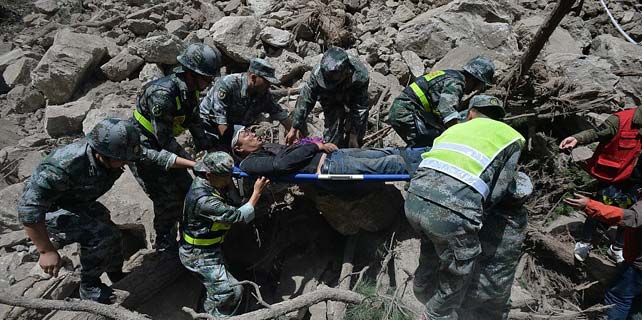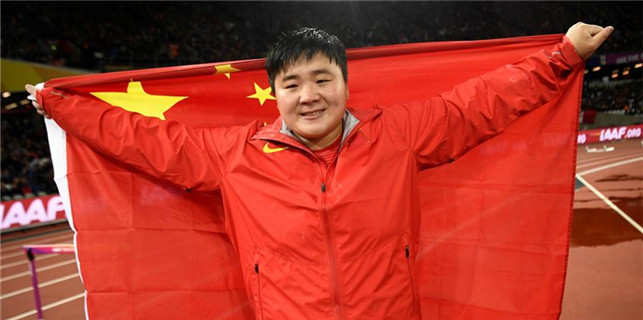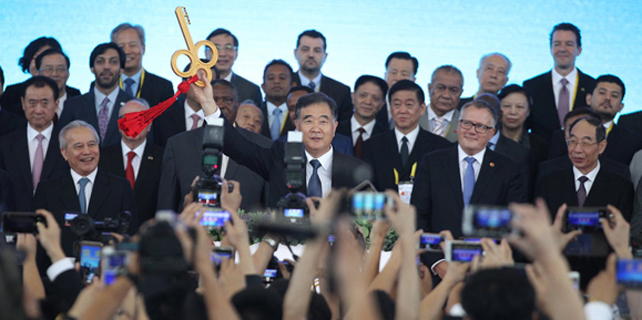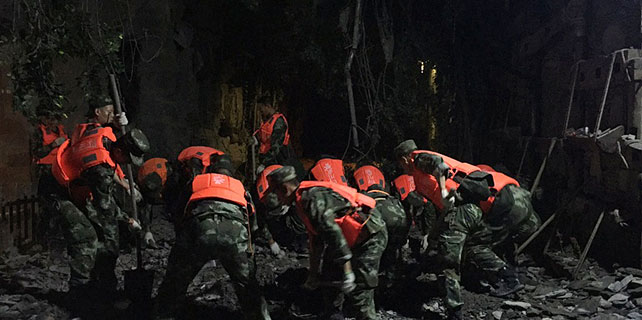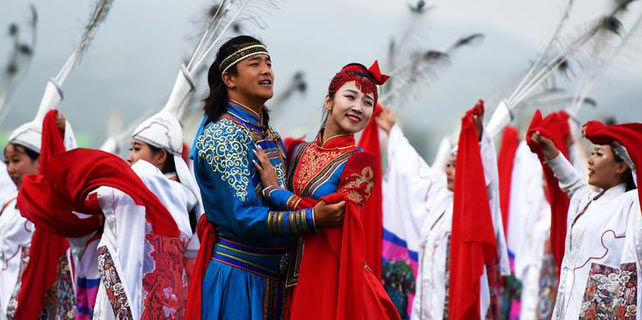Wu Den-yih takes office as Kuomintang leader
TAIPEI -- Wu Den-yih assumed office as chairman of Taiwan-based Kuomintang (KMT) party at its twentieth party congress on Sunday in Taichung city.
The KMT would continue to firmly oppose "Taiwan independence," comply with the 1992 Consensus, carry forward the Chinese traditional and good-will culture, and promote mutual respect and tolerance between the Chinese mainland and Taiwan, Wu said when speaking on cross-Strait ties at the meeting.
It will also work to improve understanding between the two sides, look into peaceful prospects across the Taiwan Strait, ensure peace and stability in the region, and safeguard the well-being of the people of Taiwan, he said.
Wu was elected chairman of KMT on May 20 with more than 52 percent of the vote.
Sunday's meeting also approved a new party platform which pledged to oppose "Taiwan independence."
The KMT will follow the "common aspirations and prospects of cross-Strait peace and development" issued in 2005 by leaders of the KMT and the Communist Party of China, and the basic principles practiced during the administration of Taiwan's former leader Ma Ying-jeou.
The party will also push forward all activities conducive to peaceful and stable development of cross-Strait ties, it said.
Tseng Yung-chuan and Hau Lung-bin were appointed as the party's vice chairs at the meeting.
Several major figures of the KMT including Ma Ying-jeou, and former KMT chairwoman Hung Hsiu-chu attended the meeting.
The KMT would continue to firmly oppose "Taiwan independence," comply with the 1992 Consensus, carry forward the Chinese traditional and good-will culture, and promote mutual respect and tolerance between the Chinese mainland and Taiwan, Wu said when speaking on cross-Strait ties at the meeting.
It will also work to improve understanding between the two sides, look into peaceful prospects across the Taiwan Strait, ensure peace and stability in the region, and safeguard the well-being of the people of Taiwan, he said.
Wu was elected chairman of KMT on May 20 with more than 52 percent of the vote.
Sunday's meeting also approved a new party platform which pledged to oppose "Taiwan independence."
The KMT will follow the "common aspirations and prospects of cross-Strait peace and development" issued in 2005 by leaders of the KMT and the Communist Party of China, and the basic principles practiced during the administration of Taiwan's former leader Ma Ying-jeou.
The party will also push forward all activities conducive to peaceful and stable development of cross-Strait ties, it said.
Tseng Yung-chuan and Hau Lung-bin were appointed as the party's vice chairs at the meeting.
Several major figures of the KMT including Ma Ying-jeou, and former KMT chairwoman Hung Hsiu-chu attended the meeting.
Related Stories







